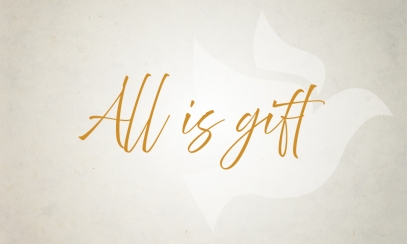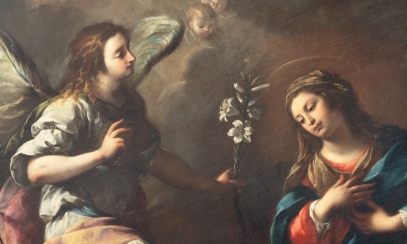Let us seek what is truly good for one another
The phrase, “the common good,” is a key to Catholic social teaching. The Catechism quotes the Second Vatican Council in defining this term: “the sum total of social conditions which allow people, either as groups or as individuals to reach their fulfillment more fully and more easily.” (CCC 1906) The Catechism then lists three qualities which the common good presumes: 1) Respect for the human person; 2) Seeking the social well-being and development of the group; and 3) Promoting peace as the context for a stable and just order. (CCC 1907-09)
The heart of all of this, of course, is seeking true human fulfillment, which the Church would define as union with God. However, in our world it would be sufficient to say that the aim is for human happiness, that is, achieving what is the goal of the human person, to be what a human person is intended to be by his or her very nature. Thus, when society attacks human dignity or human life it is not seeking the good for that human person.
This, however, can be seen only as a negative argument. What is the Church and society to do to promote the human person? They are to seek social well-being and development. Thus, we are all to seek what is truly good for the other, all the others, and promote each person’s fundamental dignity and rights.
Notice that this is also called the “common” good. Not only does this mean that we are all responsible for the good of each human person, but also that the true good for each human person is to be found in being a part of a community. We were not made to be alone.
But it is true “good” that we seek. We are not content with fulfilling desires or cravings or yearnings, except in so far as they represent the truth about the human person and his or her destiny. The Compendium of the Social Doctrine of the Church sums it this way: “The common good of society is not an end in itself; it has value only in reference to attaining the ultimate ends of the person and the universal common good of the whole of creation. God is the ultimate end of his creatures and for no reason may the common good be deprived of its transcendent dimension … A purely historical and materialistic vision would end up transforming the common good into a simple socio-economic well-being, without any transcendental goal, that is, without its most intimate reason for existing.” (#170)
Finally, social order, stability and peace are necessary for this human dignity to be respected and to flourish. We see in our world today how chaos in so many places is so detrimental not only to the development of so many peoples, but even threatens their existence. Promotion of the common good does not seek division and chaos and enmity. These are always the works of the evil one.
In this Advent and Christmas season, let our prayers and our actions be directed toward promoting the “common good” in our families, in our local communities, in our political life, in our world. Let there be peace on earth.
A Blessed Advent and Christmas to you all.



